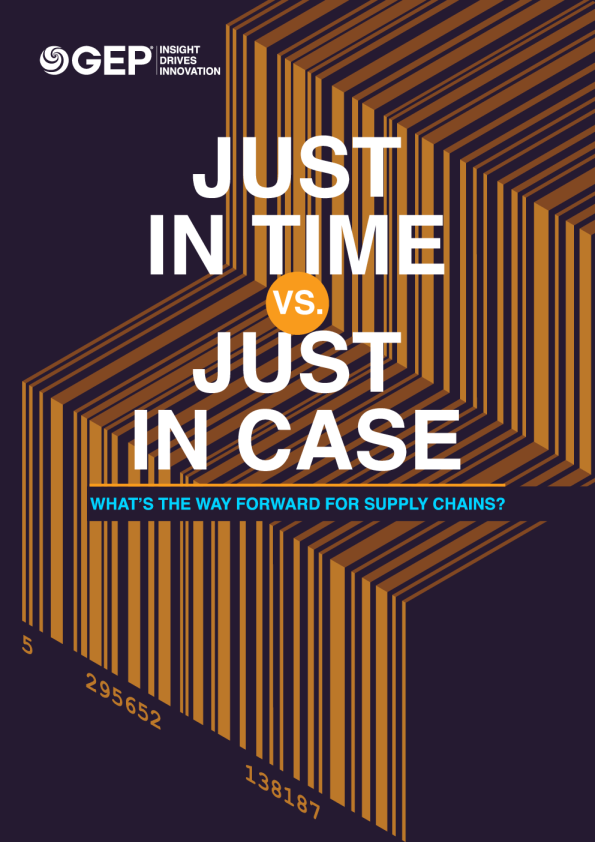Beyond Supply Chains - Empowering Responsible Value Chains

Industry AgendaPrepared in collaboration with AccentureBeyond Supply Chains Empowering Responsible Value ChainsJanuary 2015 © World Economic Forum2015 - All rights reserved.No part of this publication may be reproduced or transmitted in any form or by any means, including photocopying and recording, or by any information storage and retrieval system.The views expressed are those of certain participants in the discussion and do not necessarily reflect the views of all participants or of the World Economic Forum.REF 070115ContentsForewordExecutive SummaryResponsible Supply Chains – Why Act Now?Responsible supply chains: Challenge and opportunityA new type of responsible supply chainEmpowering Responsible Supply ChainsA framework to empower responsible decisionsA blueprint for triple advantageLeaders on triple advantageImplementation, prioritization, business caseBeyond the Business Case – Committing to Human RightsPaying above the living wage – A deep diveRecommended actions for corporations and governmentsConclusions and OutlookMethodologyAcknowledgementsEndnotes3456791011192023242627283031 3Empowering Responsible Value ChainsForewordWorld Economic ForumSupply chains are vital to both business and the economy. Therefore, supply chain decisions determine to a large extent the success of companies and nations. Furthermore, the design and management of supply chains have major implications for the well-being of society and the environment. In this respect, the key challenges range from implementing new technologies to reduce the dependency from fossil fuels as well as carbon emissions, to ensuring work safety and fair wages across the globe. Companies are well equipped to understand the business impact of supply chain decisions on their own organizations. However, to what extend do business leaders and supply chain managers understand the impact on the external world? In 2014, the World Economic Forum’s Global Agenda Council on the Future of Logistics and Transportation proposed to start closing the gap. Jointly with selected partners and leaders in the field of supply chains and transport, the report Beyond Supply Chains was prepared to provide guidance in making better decisions to drive shared value. This report answers among others the following questions: Which supply chain practices brought not only positive impact to business, but also to society and the environment? What cases demonstrate how shared value can be created through better supply chain decisions? It is our goal that the results of this report guide future supply chain decisions towards creating more responsible supply chains for tomorrow’s customers and consumers. Accenture StrategyAs Accenture works with supply chain directors on their journey towards high performance supply chains, a new focus has emerged in their strategies. Rather than concentrating exclusively on developing commercial advantage – which has led to a focus on the trade-off inherent in cost versus customer service – the best of the best are balancing commercial advantage with two factors: environmental advantage and the supply chain contribution to local economic development. The Beyond Supply Chains report researched this phenomenon and identified a set of 31 proven supply chain practices which provide companies with a blueprint of where they can gain both commercial and socio-environmental advantage (both environment and local economic development) – driving a triple advantage. The report also provides a framework for evaluating the potential value at stake behind each of these practices, and an implementation framework for different strategic priorities. The good news: There is commercial advantage (both upside improvement as well as downside risk limitation) and socio-environmental advantage to be gained from driving the right behaviours. We hope the examples in this report will spur others to follow the path to responsible supply chains. Mark H. Pearson Senior Managing Director, Operations StrategyWolfgang LehmacherHead of Supply Chain and Transport, Mobility Industries 4Beyond Supply ChainsThe supply chain development of multinational companies can impact both the environment and local economies, especially in emerging markets. This impact can be positive or negative depending on factors including: market pressure to lower costs and the extent to which companies are focused on responsible supply chains.To ensure the impact is positive, leading companies are looking to adopt what we call “the triple supply chain advantage” – where companies achieve profitability while benefiting society and the environment. Our report, Beyond Supply Chains examines how companies strive for this triple advantage and looks at how they intend to achieve it. The report identified a comprehensive set of 31 proven practices, underpinned by industry examples that provide guidance for companies looking to codify their own specific portfolio of triple advantage improvement measures. By im




